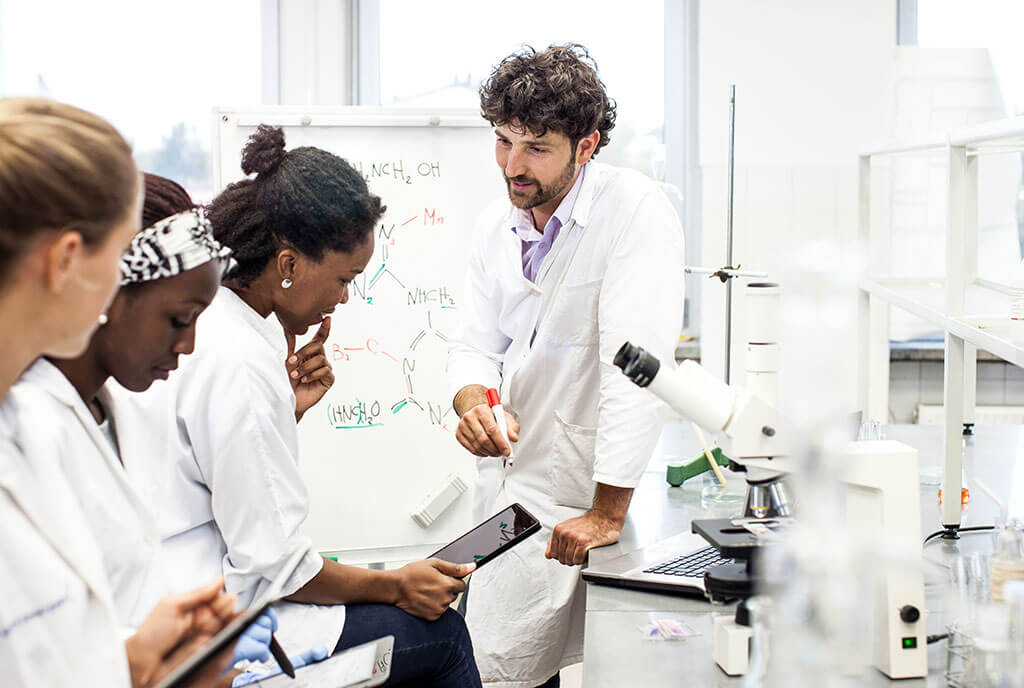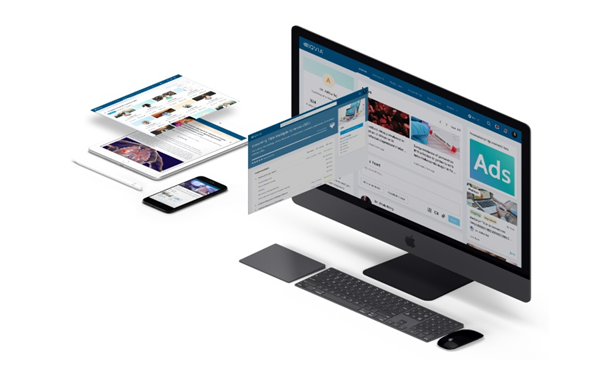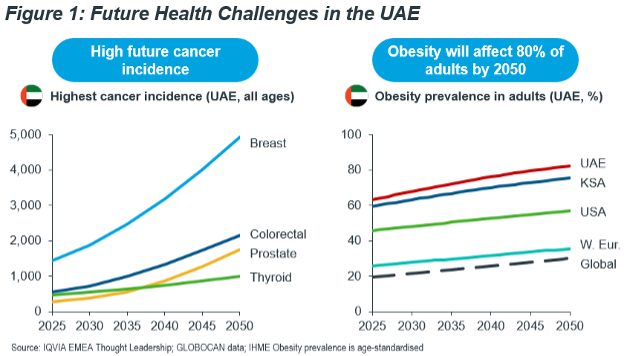

































- Locations
- Middle East & Africa
- AI Driven Healthcare: Leveraging Multimodal Data for Precision Health
During this year’s Global Health Weeki in Abu Dhabi, IQVIA brought together global experts to discuss the UAE’s escalating healthcare challenges through innovation in precision health and the use of advanced analytics. This article summarises key insights from the event, highlighting Abu Dhabi’s roadmap to build a future-fit healthcare system.
The region’s greatest health challenges: Cardiometabolic diseases and Cancer
The UAE continues to face increased pressure from rising incidences of obesity and cancer, driven in part by sedentary lifestyles, poor dietary habits, and genetic predispositions. A recent lancet paperii iii outlined stark projections: by 2050, 80% of UAE adults could be obese, exacerbating cancers as it is thought to account for 20% cancer-related deaths. Prostate cancer, linked to obesity, is forecast to become the third most common cancer by 2040, overtaking thyroid (see Figure 1). Childhood obesity is on the rise too, which adds complexity in changing behavioural patterns through to adulthood, reducing the effectiveness of interventions.

The economic toll is equally alarming, obesity diverts $12 billion annually from the UAE’s economy, a figure the World Obesity Federation warns could spiral to $180 bn by 2060 at current ratesiv.
To address these trends, the event’s speakers emphasised leveraging precision health and AI to enable preventative and early interventions. Examples in advancements in digital twins, which simulate biological processes, to the ability of transforming -omics knowledge to inform clinical practice are becoming a reality, and many times pioneered in the UAE such as with the Emirati Genome Program.
However, gaps persist in stitching together multimodal data to enable its use, with an IQVIA studyv showing UAE’s digital health maturity in line with Western Europe, but given its small, centralised nature, could be an outperformer like Estonia, England and the Nordics.
As such, a large part of the path forward is for government agencies to foster a collaborative environment with the private sector to keep up with the fast pace of innovation and ensure healthcare systems are fit for purpose.
Abu Dhabi’s Department of Health (DoH) outlined their ambitions to link healthcare to increased lifespan through individualised care models accessible to everyone. To this effect, Abu Dhabi announced they were launching the Health, Endurance, Longevity, and Medicine (HELM) clustervi, a life science hub designed to attract investments in precision medicine and AI-driven healthcare.
Their focus is on implementation, bringing R&D innovation to market as the ultimate metric to gauge progress in these matters and small, focused, sessions with experts are of core component of the knowledge exchange process.
This approach aligns with the UAE’s National AI Strategy 2031 of fostering partnerships with pharma and tech companies. With 200 countries lacking AI regulatory frameworks, the DoH is keen to capitalise on its early adoption of AI regulation, advocating for “regulatory sandboxes” to test technologies in controlled environments and become a global leader in AI.
To top the event off, the speakers showcased the following case studies as tangible AI applications already transforming healthcare:
- Reduction of stroke: An IQVIA and the UK’s NHS implemented a predictive machine learning model using electronic medical record data to reduce the risk of stroke in atrial fibrillation patients. The implementation led to significant improvements in patient outcomes, including a reduction in stroke incidence by 22% and an estimated annual savings of approximately $2 million in healthcare costs and $7 million in socio-economic burden costs.
- Heart attack prevention: One of the most established mechanisms in medicine is that a reduction of cholesterol leads to a prevention in heart attacks. By transforming an old algorithm by using AI, 75% of at-risk patients can now be identified. This is a real example that exists in the UAE currently.
- Alzheimer’s Detection: Current therapies for Alzheimer’s disease are to stop progression once patients begin to experience symptoms. However, new techniques using retinal scans analysed by AI predict disease onset years before symptoms. This does come with complex ethical debates on disclosing this information to healthy people that could be at risk.
- Diabetes education: Specific to primary care and diabetes management, a practical use case of large language models is to generate highly personalised educational materials and care plans for the use of physicians.
- Operational efficiency: in private health insurance, fraud detection and claims processing are “low-hanging fruit” for payers and these tools are now a requirement as they have become a competitive standard in the industry.
Speakers
Prof. Shahrukh Hashmi, Director of Research, DoH, Abu Dhabi
Elena Bonfiglioli, VP Healthcare, Pharma and Life Sciences, Microsoft
Irina Zaporozhets, President and GM, META, Eli Lilly
Mohamed Nasser, General Manager, MEA, Amgen
Dr Maaz Shaikh, Vice President, Product Management, M42
Ranjith Varughese, Senior Vice President, Medical Transformation, NHIC Daman
Francesco Redivo (Moderator), Client Partner, UAE, IQVIA
Aurelio Arias, Director, EMEA Thought Leadership, IQVIA
i https://www.adghw.com/
ii https://www.thelancet.com/journals/lancet/article/PIIS0140-6736(25)00355-1/fulltext
iii https://ghdx.healthdata.org/record/ihme-data/gbd-2021-adult-obesity-overweight-prevalence-1990-2050
iv https://data.worldobesity.org/country/united-arab-emirates-225/#data_economic-impact
v https://www.iqvia.com/library/white-papers/switching-on-the-lights
vi https://www.mediaoffice.abudhabi/en/health/khaled-bin-mohamed-bin-zayed-approves-the-launch-of-health-endurance-longevity-and-medicine-helm-cluster-to-further-support-medical-innovation-pharmaceutical-manufacturing-and-advanced-biotechnology/
